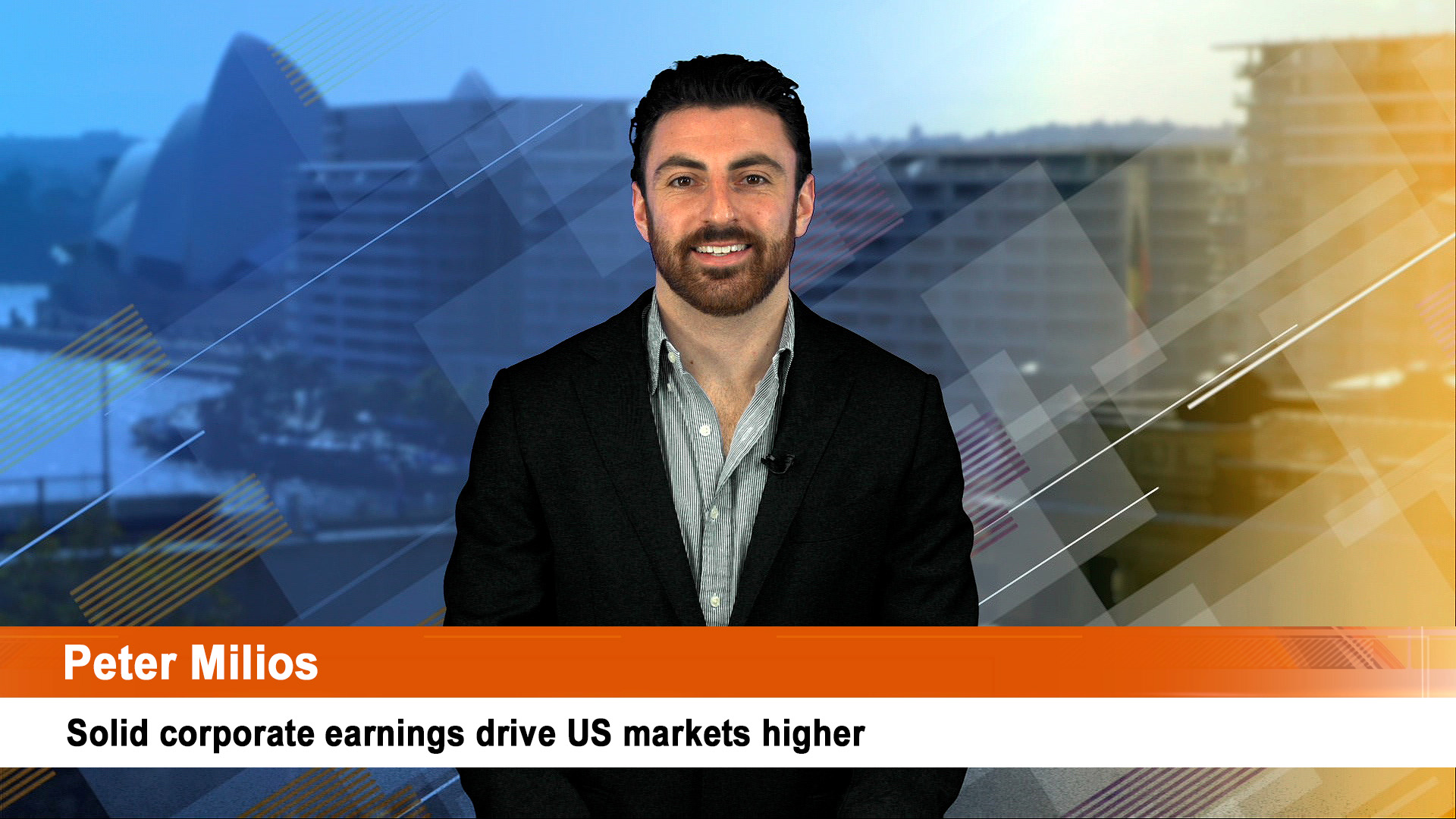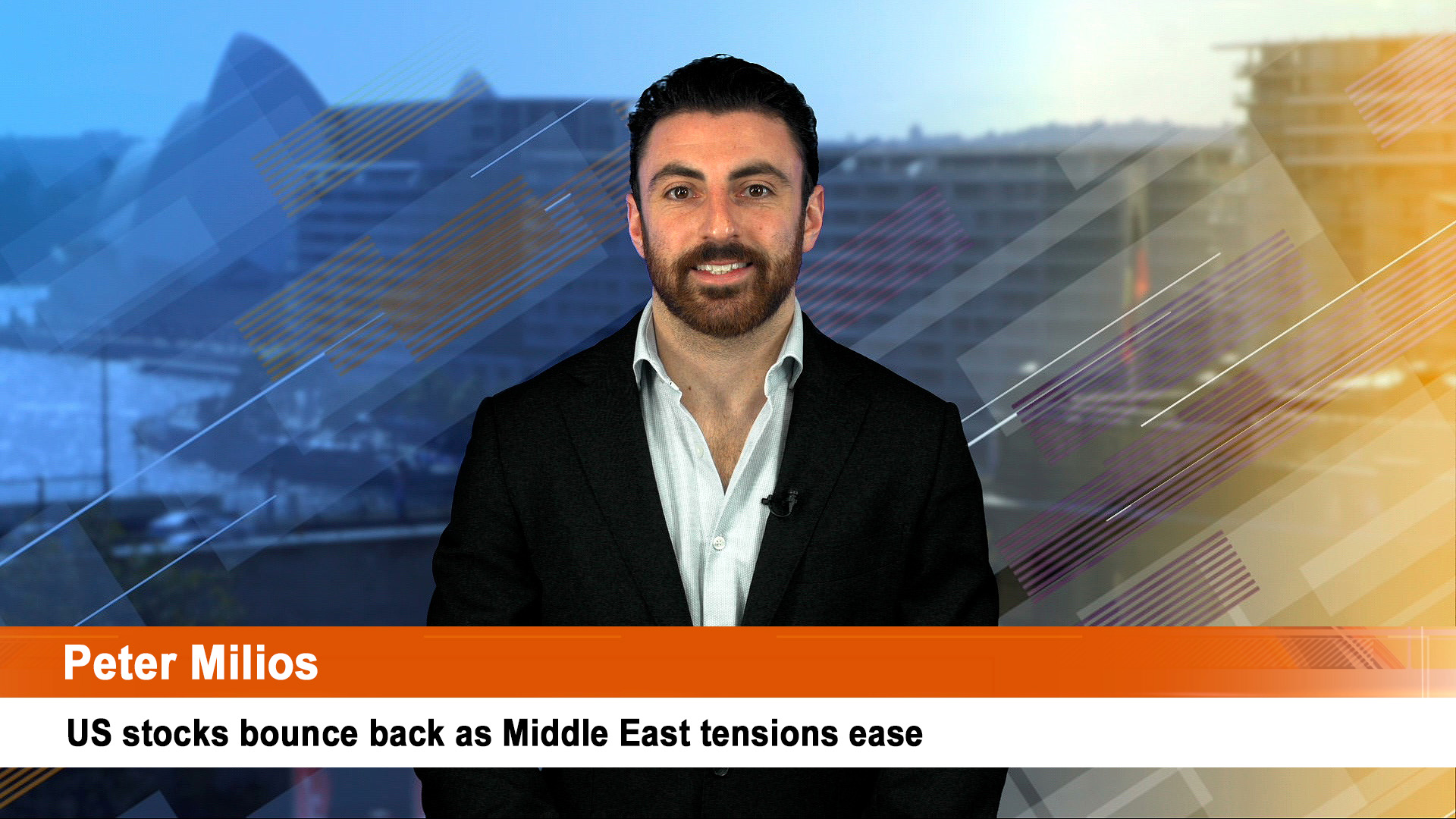It was long-tipped, but the $3 billion capital return by Boral (ASX: BLD) will be welcome – especially by the 75% shareholders – Kerry Stokes, Seven Group Holdings.
The money was raised by a string of asset sales after the company’s long time CEO, Mike Kane left and the Stokes interests started slow share buying raid in 2020 and 2021.
Boral sold its North American Building Products business and Boral’s share of the Meridian Brick business, and the Australian Products businesses, including timber operations.
Boral said on Tuesday shareholders would receive a $2.65 a share payment plus a 7-cent unfranked dividend.
The ASX announcement caused some initial confusion, using phrase that the cash distribution “will be in the form of a $2.65 per share equal capital reduction”, but a Boral representative says that means they will get cash.
The capital return is not a dividend, apart from the unfranked 7 cents.
Instead, shareholders will have to reduce the cost base of their shares by $2.65 when they sell, thus taking on any taxation obligations. That means an immediate capital gain would arise for shareholders where their cost base of any share is less than $2.65.
At the 2021 Annual General Meeting last October Boral shareholders voted in favour of reducing the company’s share capital by up to $3 billion by way of an equal capital reduction.
“We are returning funds to our shareholders in an efficient way, consistent with our financial framework and focus on disciplined capital management,” Boral’s chief executive Zlatko Todorcevski said in Tuesday’s statement.
Boral shares have rarely traded below $2.65 – apart from between March and June in 2020. Or the first two years as a listed company in 2000 and 2001.
Boral shares rose 5.8% yesterday to $6.21.
Investors must be on the share registry by this Friday, February 4, and payments will be made 10 days later.
…………
Private hospital operator Ramsay Health Care (ASX: RHC) has completed its $1.4 billion expansion deeper into the UK with the acquisition of mental health care provider Elysium.
Ramsay announced the planned acquisition at the end of last year, after its failed in a takeover of UK hospital operator Spire.
Ramsay has made it clear it wants a deeper involvement in the UK healthcare sector made a determined pitch for Spire which was ultimately blocked by Spire’s major shareholders.
The purchase of Elysium gives Ramsay access to the mental health care market with opportunities for both ‘organic and inorganic growth’, the company said in a short statement on Tuesday.
Ramsay said the purchase also provides “The opportunity for cross collaboration across mental health and acute care propositions and innovation between Ramsay’s businesses in Australia, France, Sweden and the UK.”
Ramsay says it will fund the deal from existing debt facilities, meaning it is not frightened by the prospective rising interest rates.
The Bank of England has already lifted its key interest rate in December and is posed to make a second increase on Thursday.
Ramsay told investors on Tuesday that its first half results (released on February 24) will include pre-tax transaction costs of $20 million for Elysium and a further $4.7 million for work on the failed Spire takeover.













